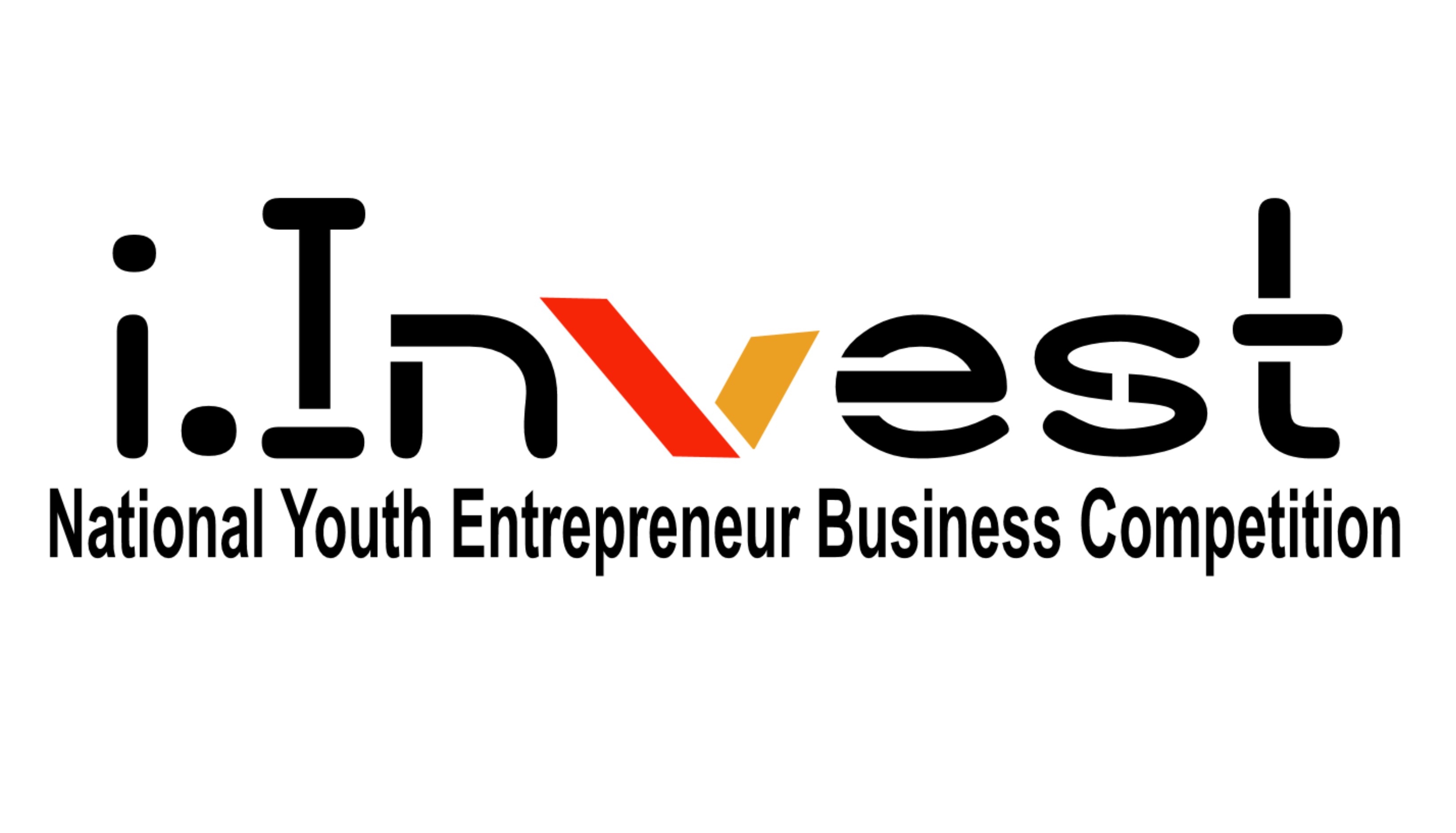
Jason Kao and Chauncey Lau, both 17, of New York, NY, are one of the teams competing in this year’s i.Invest National Youth Entrepreneur Business Competition. As co-founders of Face the Facts (FtF) and students at Stuyvesant High School, Jason and Chauncey combined their passion for environmental awareness and fashion to create message t-shirts to support social causes.
Tell us about your business.
FtF creates apparel for environmentally conscious consumers and display graphics in a way that supports an environmental issue while raising awareness. For example, if someone wanted to raise awareness about the detrimental effects of carbon dioxide emissions on ocean acidification, instead of purchasing traditional activist apparel, they would buy FtF’s Ocean Acidification t-shirt, a scatter plot of shellfish and plankton populations versus world carbon dioxide emissions. The plot would show an obvious negative linear correlation between sea life and carbon dioxide emissions. Despite using complicated algorithms to create the graphic, the data visualization of FtF’s apparel are not only intuitive to the eye, but bring awareness to social and environmental issues facing the global community.
What inspired the creation of FtF?
Our goal is to change the aura of mistrust created in both modern-day media and politics regarding environmentalism and climate change by incorporating art, design, statistics, and storytelling into our clothing line.
What challenges will FtF need to overcome to be successful?
FtF’s target audience lives in New York City, a fast-paced cultural Mecca with a population of 11 million. Inhabitants of the five Boroughs are bombarded and overstimulated by both media and social marketing daily. FtF will create eye-catching graphics that grab the attention of activists.
How will FtF impact the world?
FtF will provide activists everywhere the opportunity to display irrefutable and indisputable evidence regarding their cause, and combat skepticism to the misinformed public.
What are the next steps for FtF?
FtF’s goal is to raise funds to start the production of our apparel line.
To stay abreast of FtF’s progress in the i.Invest Competition, sign up for our newsletter at www.i-investcompetition.com. To mentor or invest, email mjackson@i-investcompetition.com.
Good luck, Jason and Chauncey!







